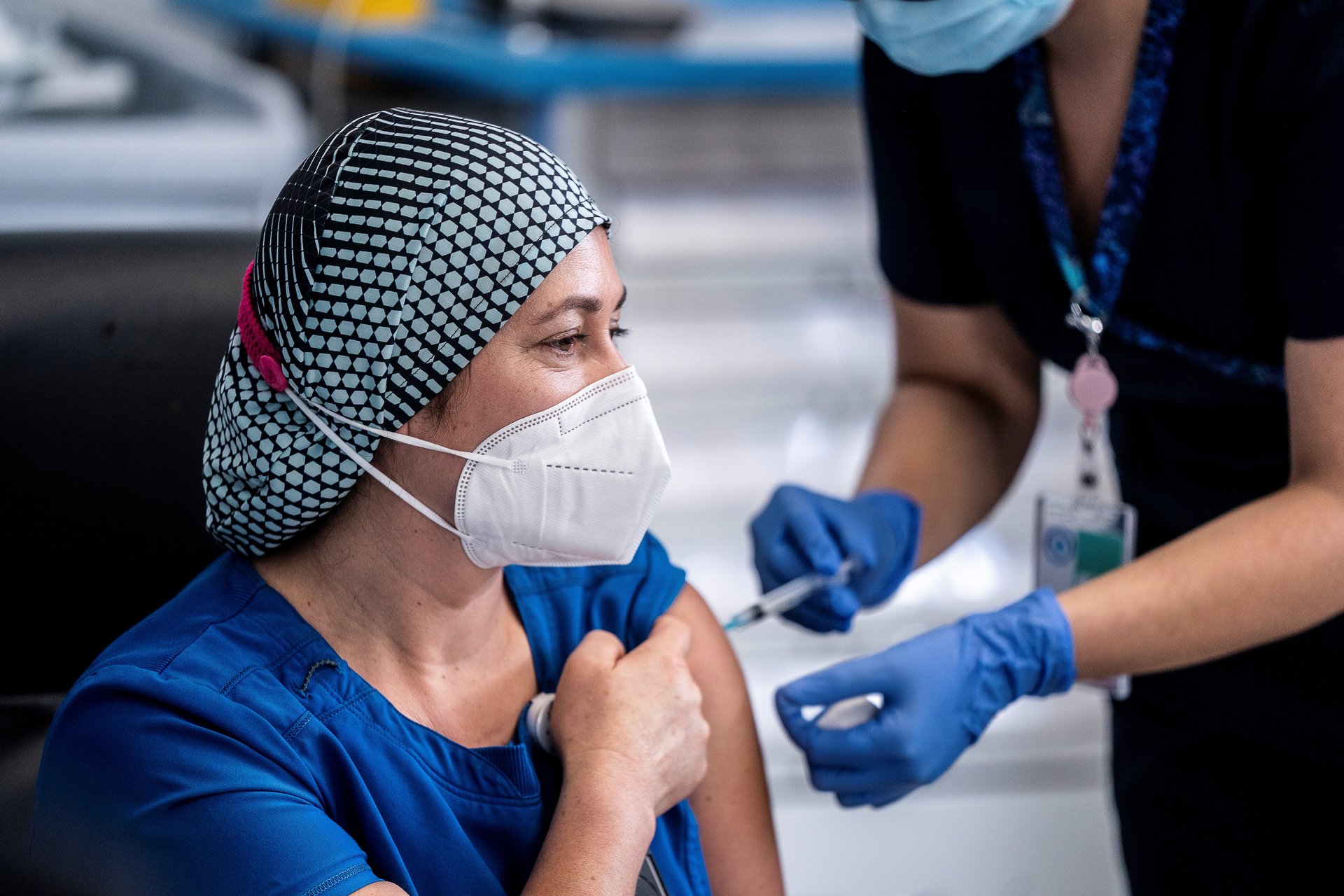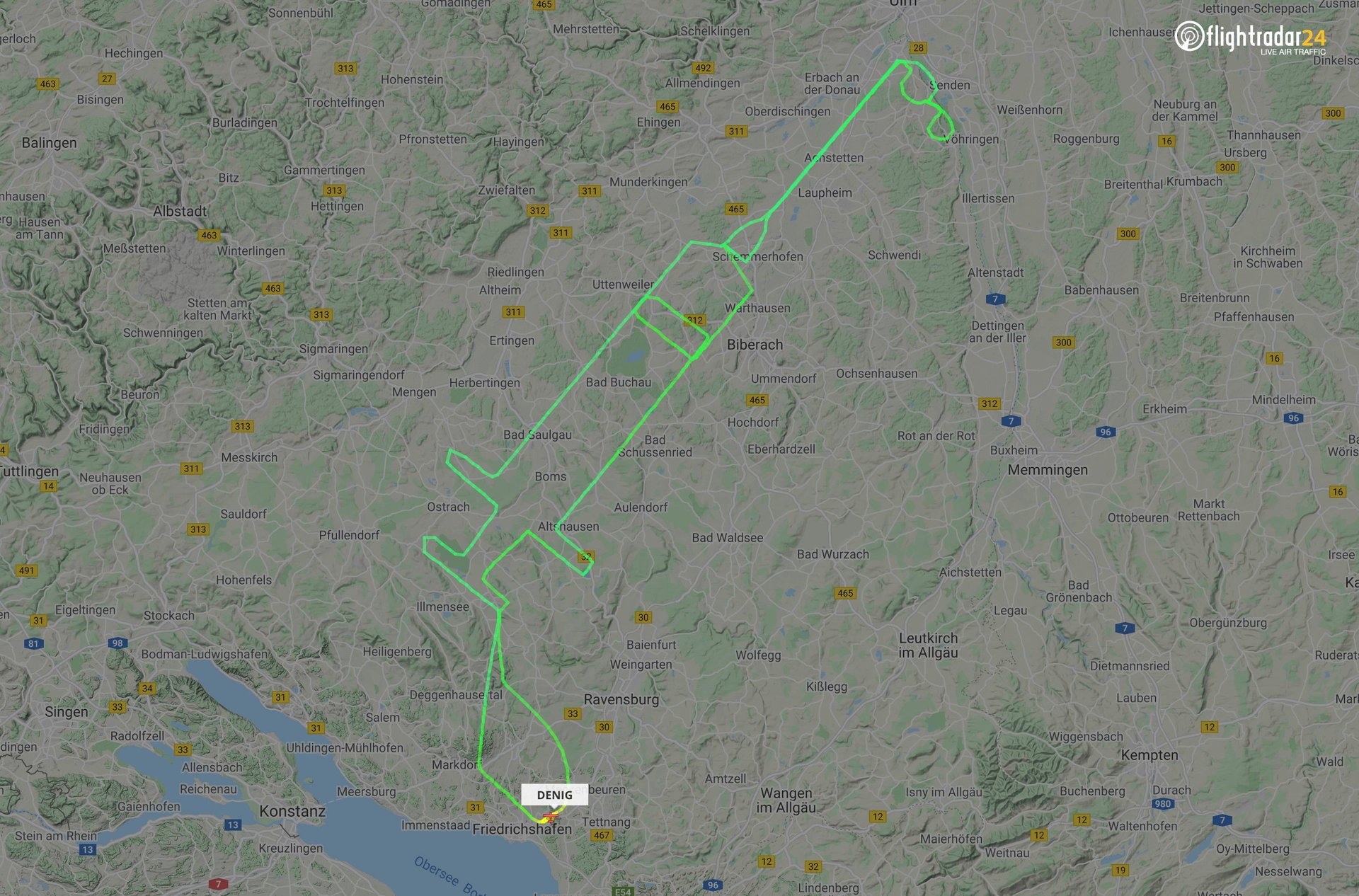China-EU deal, China’s new clusters, wooden satellites
Good morning, Quartz readers!


Good morning, Quartz readers!
Here’s what you need to know
The UK parliament votes on the post-Brexit EU trade deal. Prime minister Boris Johnson will urge lawmakers to back the agreement in order to “open a new chapter” in the nation’s history.
…while China and the EU sign an investment pact. It removes barriers on foreign investments in China for some industries, and comes after Beijing agreed to ban forced labor. The deal presents a challenge to the incoming Biden administration, which wants to coordinate with Europe on China.
England braces for tougher pandemic restrictions… The British government could place more areas under lockdown as the new coronavirus variant—which has now made it to the US—has sent case numbers surging.
…while China grapples with coronavirus clusters… One year to the day since Chinese doctor Li Wenliang warned people of mysterious SARS-type lung infections, authorities are scrambling to control new hot spots ahead of the Lunar New Year in February.
…and Sinopharm said its Covid-19 vaccine is nearly 80% effective. But the Chinese state-owned pharmaceutical firm offered few details on the sample size and data.
US Senate Republicans blocked $2,000 stimulus checks. Majority leader Mitch McConnell thwarted Democrats’ attempt to push through the increased direct relief payments, then tied the issue with unrelated White House demands.
Jared Kushner’s family business is planning a bond sale in Israel. The White House senior aide’s family company filed papers to raise at least $100 million on the Tel Aviv stock exchange, in a move that will likely raise conflict-of-interest worries.
What to watch for
It’s the week between Christmas and New Year’s Eve, which means that in China, it’s time for the flurry of annual sentences of dissidents.
On Monday, a court in Shanghai issued its first sentence of a citizen journalist who reported from Wuhan in the early days of the pandemic. And another in Shenzhen today handed down jail sentences of up to three years to 10 Hong Kong activists who tried to flee the city for Taiwan by boat in August only to be intercepted by Chinese authorities and taken to the mainland to face a closed trial.
It was the prospect of being prosecuted in China under a proposed extradition law that sparked last year’s protests in Hong Kong. But despite that public opposition, as Mary Hui writes, the national security law imposed on the city this year managed to breach the firewall between the mainland’s opaque legal system and Hong Kong’s common law judiciary, now the last bastion of autonomy in a city where the executive and legislature are firmly with Beijing. The pressure on Hong Kong’s courts is mounting, with the first prosecutions under the new law set to unfold next year.
Charting the cost of natural disasters
According to an analysis by the reinsurance giant Swiss Re, global economic losses from natural disasters amounted to $175 billion in 2020. Of that, $76 billion were insured, the fifth-highest total since 1970.

While the geophysical impacts of climate change are widely distributed among rich and poor countries, the economic toll is felt most acutely in the latter, where disaster insurance is still a rarity. According to Munich Re, almost three-quarters of the $5.2 trillion in global natural disaster damages since 1980 were uninsured.
Ticket to ride
We’re in a new era of the haves and the have nots: Those who’ve gotten a complete Covid-19 vaccine, and those who are still waiting for theirs. Digital vaccine passports could make it easier to keep track of who’s got antibody protection and who doesn’t—but would they work for everyone?
Quartz’s Tim McDonnell and Katherine Ellen Foley break down common questions about potential vaccine passports: how they’ll work, who’s making them, and—perhaps most importantly—who they’ll exclude.
✦ No one is excluded from Quartz’s year-end membership sale. Use code BYE2020 for 50% off.
Surprising discoveries

A German pilot took a syringe-shaped flight. He made the 200-km (125-mile) journey to celebrate the rollout of Europe’s Covid-19 vaccine campaign.
Chinese millennials are slacking off at work as a subtle form of protest. Tactics include getting up every 50 minutes to get a glass of water.
Japan is hoping to leave no trace in space. Researchers are working on wooden satellites to cut down on the debris orbiting Earth.
Not the plot of the next Marvel movie (or is it?). Dark matter could come from primordial black holes formed by collapsing “baby universes” in the early multiverse.
We know it feels like Brexit negotiations dragged on for decades… but references to 1990s technology like Netscape Communicator are probably just a bad copy-paste job.
Our best wishes for a productive day. Please send any news, comments, creative flight paths, and retro tech to [email protected]. Get the most out of Quartz by downloading our iOS app and becoming a member. Today’s Daily Brief was brought to you by Mary Hui, Tripti Lahiri, Jordan Lebeau, and Liz Webber.